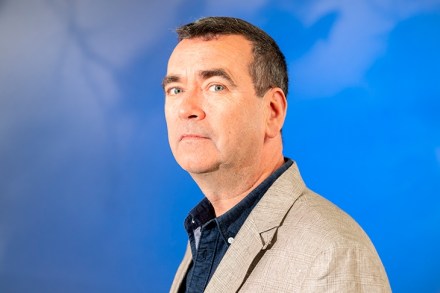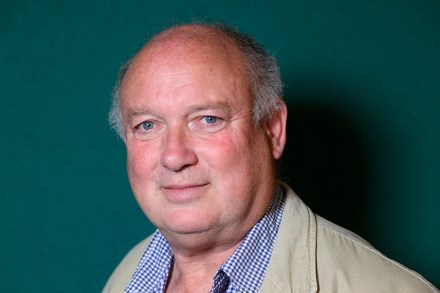Savage aperçus: Fake Accounts, by Lauren Oyler, reviewed
Lauren Oyler is viral and vicious. A critic with a reputation for pulling no punches, she is known for delivering refreshingly sane judgments of overhyped, commercially successful books. She is not alone in her ruthlessness — there are a number of critics who are at least equally ferocious about deflating promotional balloons, among them Merve Emre and Christian Lorentzen — but she is the hater who makes the greatest waves on the internet. She specialises in skewering vapid writing that takes its cues from social media, and her 2020 take-down of Jia Tolentino’s popular essay collection was shared so many times that the London Review of Books website crashed in





















